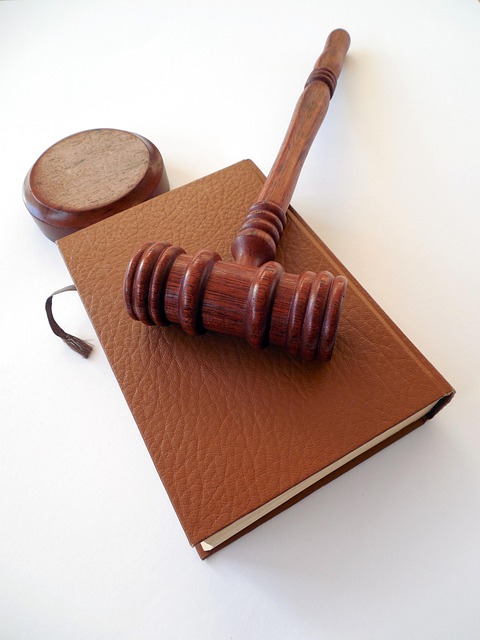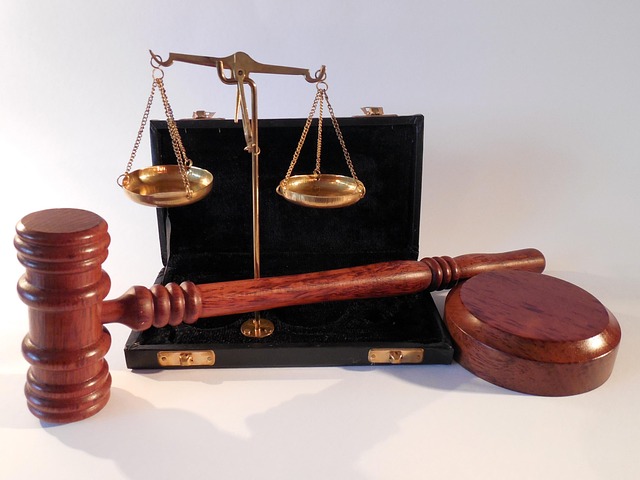Antitrust laws protect fair competition and consumers by prohibiting monopolies and price-fixing. Prosecutors decide on allegations based on evidence strength, market impact, company history, cooperation, extenuating circumstances, public sentiment, and regulatory pressures. Market power and competitive restraints are key factors in prosecutorial discretion decisions, with historical cases like Standard Oil and AT&T setting legal precedents. Understanding these factors is crucial for navigating modern antitrust challenges and achieving favorable outcomes.
“Antitrust violation cases have long been a pivotal aspect of market regulation, ensuring fair competition and consumer protection. This article delves into the intricate world of antitrust laws and their purpose in fostering healthy economic environments. We explore key factors influencing prosecutorial discretion decisions, examining how market power and competitive restraints shape legal outcomes. Through historical case studies, we highlight significant violations, offering insights into the complex interplay between business practices and legal enforcement.”
- Understanding Antitrust Laws and Their Purpose
- Key Factors in Prosecutorial Discretion Analysis
- Impact of Market Power and Competitive Restraints
- Historical Case Studies: Significant Antitrust Violations
Understanding Antitrust Laws and Their Purpose

Antitrust laws are designed to promote fair competition and protect consumers from anti-competitive practices. These laws aim to prevent businesses from engaging in activities that restrict trade, such as forming monopolies or engaging in price-fixing. Understanding these regulations is crucial for both businesses and legal professionals, especially when navigating high-stakes cases. The purpose of antitrust legislation is to ensure a level playing field, encourage innovation, and maintain a robust marketplace.
Various factors influence the decisions made by prosecutors when considering whether to pursue antitrust violation cases. These include the severity of the alleged conduct, potential impact on consumers and competition, and the presence of extenuating circumstances. An unprecedented track record in winning challenging defense verdicts can also play a role, demonstrating the strength of legal arguments and evidence presented. As such, businesses facing antitrust accusations must prepare robust defenses, leveraging their understanding of market dynamics and legal expertise to achieve favorable outcomes.
Key Factors in Prosecutorial Discretion Analysis

In the intricate landscape of antitrust law, understanding the factors influencing prosecutorial discretion decisions is pivotal. Several key elements play a significant role in shaping the prosecution’s approach to antitrust violation cases. One of the primary considerations is the strength of the evidence presented; robust and conclusive proof often leads to more aggressive pursuit of charges, while circumstantial or less compelling evidence might result in a more cautious approach. Additionally, the potential impact on the market and consumers is critically evaluated, with cases that pose substantial threats to competition and consumer welfare likely to receive heightened scrutiny.
Prosecutors also weigh the broader context, including the accused company’s unprecedented track record, their level of cooperation, and any extenuating circumstances or mitigating factors. The influence of philanthropic and political communities can indirectly affect these decisions, as public sentiment and regulatory pressures may shape the prosecution’s strategy. Striking a balance between deterrence and leniency, with an eye towards maintaining fairness and transparency, is at the core of prosecutorial discretion in antitrust violation cases.
Impact of Market Power and Competitive Restraints

The impact of market power and competitive restraints plays a significant role in antitrust violation cases. When a company possesses substantial market dominance, it can significantly influence prices, limit competition, and restrict consumer choices. This market power often arises from various factors such as intellectual property rights, economies of scale, or unique resources, making it challenging for competitors to compete on an equal footing. As a result, prosecutors must carefully consider the unique circumstances of each case when deciding on charges, particularly focusing on how these powers are utilized and their effect on the competitive landscape.
The factors influencing prosecutorial discretion decisions in antitrust cases include evaluating the respective business practices of the involved companies, assessing the impact on market competition, and determining whether there has been a clear violation of antitrust laws. The goal is to ensure fair market conditions without unduly hampering innovation or stifling growth. In some instances, a white-collar defense strategy may advocate for a complete dismissal of all charges, arguing that the respective business practices were not anti-competitive in nature and did not substantially harm consumers.
Historical Case Studies: Significant Antitrust Violations

In the historical landscape of antitrust law, several case studies stand out as significant violations that have shaped the legal framework. One notable example is the Standard Oil case in the late 19th century, where the Supreme Court ruled that John D. Rockefeller’s monopolistic practices violated antitrust laws. This landmark decision led to the breakup of Standard Oil, setting a precedent for future cases. Another influential case involves AT&T in the 1970s, which faced allegations of price-fixing and market restraint, ultimately resulting in a settlement that reshaped the telecommunications industry.
These historical instances highlight the complex nature of antitrust violations and the factors influencing prosecutorial discretion decisions. From the Standard Oil case onwards, courts have considered various elements such as market power, barriers to entry, and competitive impact when evaluating antitrust claims. Understanding these cases is crucial for navigating modern antitrust challenges, especially with evolving business models and the ongoing struggle to balance economic growth with fair competition. The successful defense of companies accused of antitrust violations, often through innovative legal strategies, has led to winning challenging defense verdicts and achieved extraordinary results, reflecting the dynamic interplay between corporate interests and regulatory bodies within the broader philanthropic and political communities.
Antitrust violation cases, as explored through historical case studies and analysis of key factors influencing prosecutorial discretion decisions, underscore the intricate balance between market power and competitive restraints. Understanding these dynamics is crucial for navigating the complexities of antitrust laws, ensuring fair markets, and fostering innovation. By examining significant violations and their impacts, we gain insights that help in making informed decisions to prevent future antitrust breaches, thereby promoting a robust and competitive business landscape.






